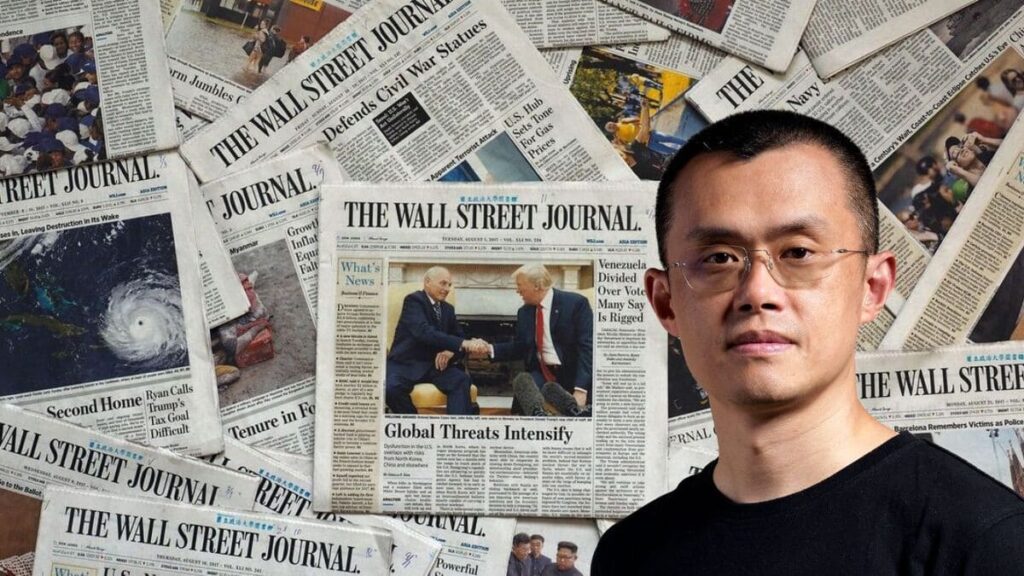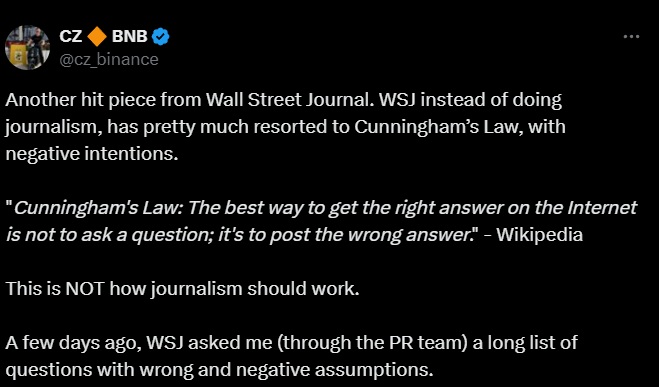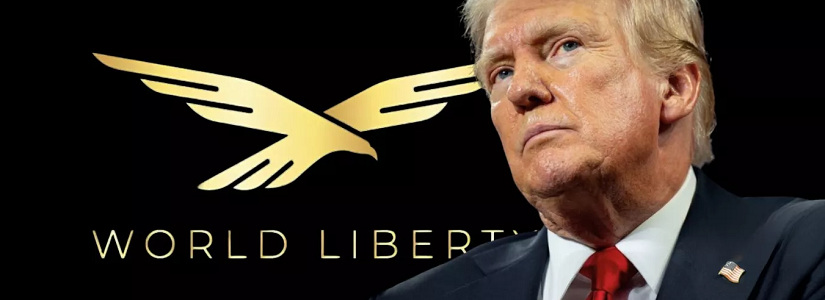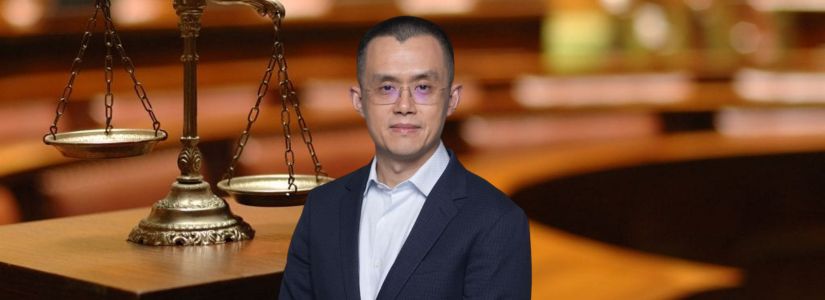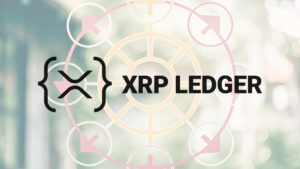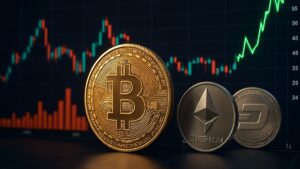TL;DR
- Changpeng Zhao denied facilitating contact between World Liberty Financial and foreign officials, accusing the WSJ of spreading false assumptions to damage his reputation.
- The report linked businessmen close to Trump with international crypto deals and exposed potential conflicts between diplomatic roles and private business.
- Zhao criticized the article for omitting clarifications from his team and claimed it’s part of a broader offensive against the crypto industry in the United States.
Changpeng Zhao, former CEO of Binance, publicly rejected the accusations published by The Wall Street Journal about his alleged ties to a crypto business network connected to Donald Trump’s inner circle.
The Crypto Industry Under Media Fire
According to the report, Zhao supposedly acted as a middleman between World Liberty Financial (WLF) and foreign authorities, facilitating connections during high-level negotiations. CZ dismissed that version, calling the article an attempt to discredit him and attack the crypto industry in the United States.
The WSJ investigation uncovered a network of connections between businessmen close to Trump and cryptocurrency projects operating in international markets. At the center of this structure is WLF, an organization led by Steve Witkoff and his son Zach Witkoff. The report detailed how both allegedly blurred the line between diplomatic assignments and private business, closing deals that, according to the publication, raise serious questions about the use of public resources for private gain.
Zhao Reached Out to WSJ, but They Ignored His Response
Zhao clarified that he had no role in facilitating meetings between WLF and Pakistani officials, denying that he introduced businessman Bilal bin Saqib to WLF’s directors. He stated he met Saqib for the first time during a trip to Pakistan, with no previous connection or involvement in any business deals that followed. He also criticized The Wall Street Journal for building its article on false assumptions and inaccurate information, despite having received answers from his team before the story was published.
The article also mentioned Zhao’s recent request for a presidential pardon from Trump for a previous money laundering conviction, suggesting this move might explain his proximity to certain political circles. Zhao rejected that interpretation and accused the publication of serving the interests of groups hostile to the crypto industry.
Another focus of the report was WLFI, an entity linked to WLF that raised over $600 million through token sales without disclosing all of its investors. A few names did surface, such as Justin Sun, founder of Tron, who attended a private dinner hosted by Trump for the top buyers of his memecoin. Zhao believes these publications are part of a broader campaign targeting key crypto figures and aiming to slow down the industry’s growth in the U.S.


